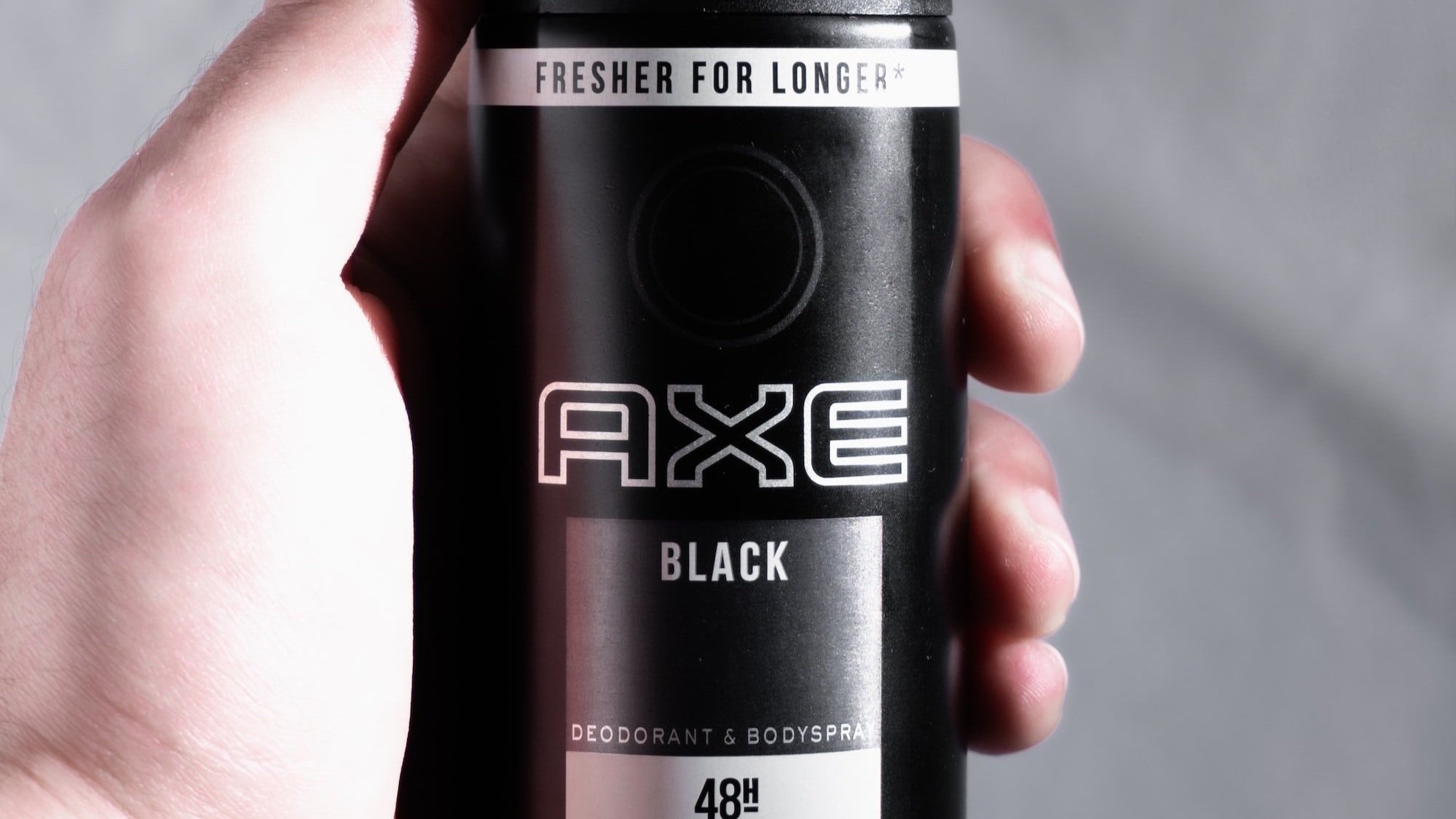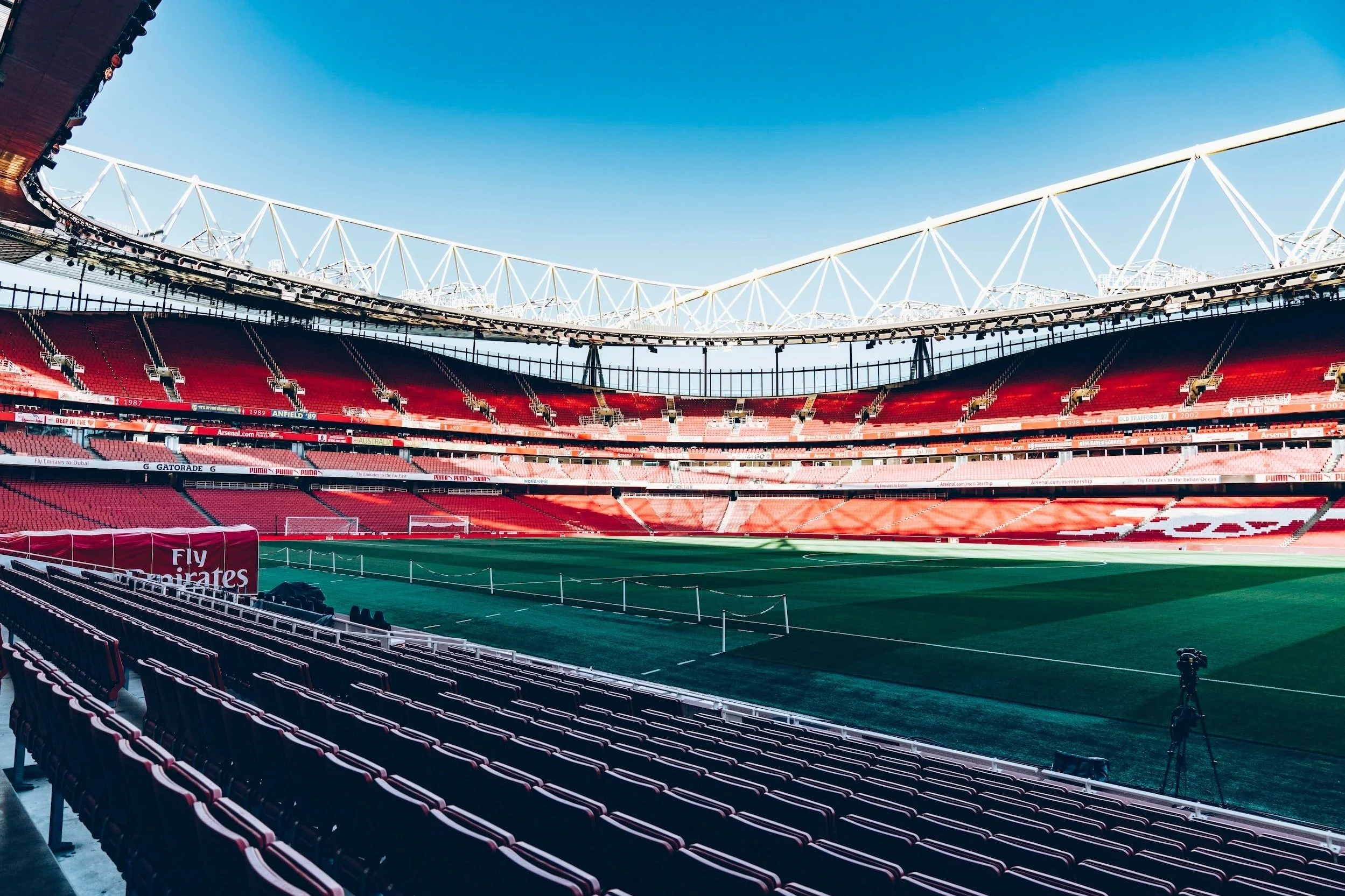World soccer’s angst over an unethical World Cup proves the increasing need for global organizations to strategize for a new era of communication crisis.
The start of this week’s World Cup in Qatar—marred by reported human rights abuses that have potentially led to the death of 6,500 workers; the host nation’s restrictions on rights for women and LGBTQ individuals; ongoing strife in participating nation Iran; and more—put a fine point on a dizzying year for the relationship between sports and politics.
The tournament drives big money, with viewership in 2018 reaching half the world’s population (3.26 billion). With visibility so high, the event can introduce a host nation to the world more quickly and positively than almost any other event, and as such, attracted strong allegations of corruption when FIFA chose the desert nation of Qatar.
Comedian John Oliver joined the Men in Blazers podcast in 2021, to offer the following perspective on FIFA’s controversial World Cup.
“When Formula One had their race in Saudi Arabia, and they’re cutting away to Mohammed bin Salman, [you think], ‘Wow: You’re just doing it, aren’t you? You just don't give a s*#t.’”
“And that’s kind of what this World Cup is going to feel like: ‘Oh, you’re just going to do it.’
‘We all thought it was ridiculous when you announced it; at no point did you blink; people died; you don’t care; here it is.’
And there’ll be some amazing goals, and amazing football, and it will be fundamentally tainted for every single second.”
Whether chosen by corruption or not, FIFA’s actions and omissions have still put world soccer federations in new and impossible positions, and have led to cascading communication failures, destined to hurt everyone’s bottom line.
FI-Fa FO FUM
Teams have ultimately been presented with the following choice:
Do they compete in the World Cup (their raison d'être), and tacitly endorse both the corruption and government policies that stand counter to their identities?
Or should they boycott and miss out on half-a-globe’s worth of money and attention?
I’ve written in the past how, particularly in sports, having a strong, dependable identity is necessary to foster passion. That passion then drives revenue; that revenue drives victory, and further passion, repeating in a cycle of hopefully upward growth.
National sports team have a rare brand identity borne out of their national identities, whether anyone likes it or not, and to not meaningfully live its creed drives a wedge between fans, their wallets and teams. By putting national teams in such a compromising position, FIFA threatens to disconnect the teams from their fans.
OWN Goals
In just the past few years, FIFA has announced an expanded field for subsequent World Cups, the potential for increasing the frequency of the tournament and a divorce from mega-popular video game partner EA Sports—all moves designed to grow the game at the national team level, and wrest control back toward FIFA from now-dominant club teams.
The entirety of these moves show a fundamental misunderstanding of their audience: As seen during the failed Super League saga, fans don’t pledge allegiance to the league or to the world governing body. While FIFA may tout data saying, “fans want more World Cups,” the actuality is: Fans want more opportunities to cheer on their national team.
FIFA’s says its mission is to develop soccer around the world, but their actions only stifle it. Coupled with an untrustworthy and dirty brand history, FIFA isn’t a credible spokesperson for its supposed cause, and fans are left to deduce that their only real motivation is develop FIFA around the world.
Passing (ON) The Buck
In a bold move, FIFA President Gianni Infantino addressed teams in a letter two weeks before kick-off, urging them to “focus on football,” and stating “there are many challenges and difficulties of a political nature all around the world,” but they won’t be solved at the World Cup.
Thankfully, some teams have attempted to thread the needle: To start, they’re still competing but wearing rainbow armbands, or pledging to commit remedy funds to affected migrant workers, or selling black jerseys. U.S. Soccer announced this week they’re hanging an LGBTQ-themed version of their logo at their training facility in Qatar.
These are nice gestures, but given the decade of lead time, the small tokens are leaving many uninspired. Major news outlets are running headlines asking “The World Cup is tarnished. Should fans enjoy it anyway?”
If FIFA doesn’t openly address their glaring issues, and passes the moral responsibility onto national teams (many of whom shrug and, in turn, pass it on to fans), they can’t be surprised when sponsors get angry and no one shows up excited about the tournament.
Consequently, by lacking transparency, misunderstanding their audience, and overestimating their credibility, FIFA may be, for the first time, leaving money on the table.
⁓⁓⁓
All italics below are links.
Note 1
More than ever, organizations are being asked to answer questions that are outside their bailiwick. How they answer can have major effects on their brand, leading to weird scenarios, like Axe Body Spray condemning an anti-democratic insurrection.
But if you do the work ahead of time, and build strong, agreed-upon brand pillars tied to your organization’s purpose, you can ensure that you’re ready to react, no matter how far out of left field a crisis may come.
Note 2
For further related reading, I’ve written in the past about how particularly in sports, reputation is money, and poor communication is bad business. Arsenal has since turned things around, both on-the-field and in their relationship with fans (what a novel pairing!), but the lessons still stand.
Note 3
The current episode in Qatar, in addition to Saudi Arabia’s purchase of Premier League team Newcastle and launch of PGA Tour rival, “LIV Golf,” have popularized the term sportswashing, in which an entity launders their reputation through the fanfare of sports.
When critics sense a rift between your communications and your actions, they’ll often “follow the money” to get a better sense of where your priorities actually lie.
In this case, so disrupting the existing world soccer order for the stated purpose of “expanding the game into new regions” didn’t quite add up.
To read more on sportswashing, Sports Illustrated put Qatar’s World Cup in interesting historical context.
Note 4
A final quote from Roger Bennett, during the aforementioned Men in Blazers podcast.
“A World Cup used for propaganda purposes is not a new thing: Italy, 1934, under Mussolini; Argentina, 1978, under the military dictatorship, 2018, in Putin’s Russia.
But this crushing eight stadia into a nation smaller than Connecticut, destroying the global football calendar…it is so craven.”
He has since co-created a limited series exploring the issue called World Corrupt.
Kyle Bagin is a strategic communications professional, with roughly 10 years’ experience building successful communications campaigns by using research and insights to see the bigger picture, solve problems and change behavior.
Currently the associate director of digital communications at a leading health-related association and recent graduate of Georgetown University's public relations & corporate communications master’s program, you can reach him by e-mail at kyle.bagin@gmail.com.







